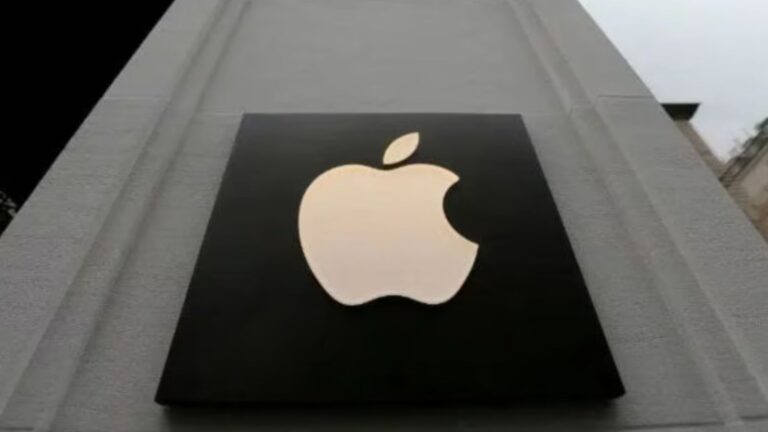Apple recently announced that it was delaying the rollout of its flagship AI product in the European Union (EU) due to regulatory uncertainty, and new iOS features like Apple Intelligence, as well as Phone Mirroring and SharePlay screen sharing enhancements, will not be rolling out to EU users this year.
The reason for the delay is the EU’s competition law, the Digital Markets Act (DMA), which has been in place since 2022. The DMA was introduced to curb the dominance of big tech companies, but Apple says provisions of the law, such as interoperability requirements, “may force us to compromise the integrity of our products in ways that put at risk the privacy and data security of our users.”
“We are committed to working with the European Commission to find a solution that allows us to provide these features to our EU customers without compromising safety,” the iPhone maker said in a statement.
What are the DMA requirements that forced Apple to pause its AI rollout? How has the EU responded to the tech giant’s concerns? And will the law similarly affect other features Apple has in development? We explain.
‘Surprising and open declaration’: EU competition chief
Days after Apple announced its decision, European Commission Competition Commissioner Margrethe Vestager said the tech giant has an obligation to stay open to competition in Europe. “It’s very interesting that they’re saying they’re going to deploy AI where there’s no obligation to enable competition. I think this is the most surprising, open declaration that they know 100% that this is another way to nullify the competition that they already have an advantage over,” Vestager said at a Forum Europe event, according to The Verge.
This isn’t the first time Apple has had a run-in with EU regulators: Most recently, the European Commission found the tech giant was violating the DMA by charging app developers fees if they wanted to direct customers to subscription channels outside of the Apple App Store.
According to a report by The Guardian, Apple can appeal the European Commission’s preliminary findings, but if it fails to comply with the DMA within 12 months it faces fines equivalent to 10% of its annual global turnover.
Apple is the first major tech company whose practices have been found to be anticompetitive under the DMA, but similar antitrust investigations are also underway against Google and Facebook parent company Meta.
What are the interoperability rules in the EU’s DMA?
The DMA classifies tech giants like Apple, Alphabet, Meta, Amazon and Microsoft, as well as several other services, as “gatekeepers,” which are required to follow certain rules, such as allowing users to install third-party apps and app stores, allowing users to uninstall pre-installed apps and change defaults, and providing users the option to opt out of profiling for targeted advertising.
Specifically, the interoperability rules highlighted by Apple require gatekeepers to ensure that their messaging services are interoperable with messaging services offered by other smaller developers. For example, Apple must make some basic features of its iMessage app interoperable, and more complex features must be made interoperable over time.
Additionally, gatekeepers must respond to interoperability requests from smaller developers within certain deadlines.
Given these requirements, Apple seems concerned that small developers could submit interoperability requests and get a peek inside the company’s AI systems. Another potential point of contention is the integration of OpenAI’s ChatGPT with Apple devices. End users should be able to opt out if they don’t want their provider to be interoperable with Gatekeeper, according to the DMA.
Apple isn’t the only company to temporarily shelve the rollout of AI features for EU users. Last month, Meta was forced to postpone the launch of its AI chatbot in the region after its policy of using users’ public posts on Instagram and Facebook to train its AI models came under scrutiny from privacy regulators. Google’s Gemini also reportedly faced a regulatory hurdle after the EU’s Data Protection Commission (DPC) said it had not received enough information about how its generative AI models would affect user privacy.
Besides big tech companies, digital rights groups such as the Electronic Frontier Foundation (EFF) have criticized the DMA’s interoperability rules, saying they could weaken end-to-end encryption for messaging services. “Many security experts agree that requiring interoperability without making unacceptable tradeoffs in security or privacy is a very high hurdle and may prove to be insurmountable,” EFF said in a May 2022 blog post.


